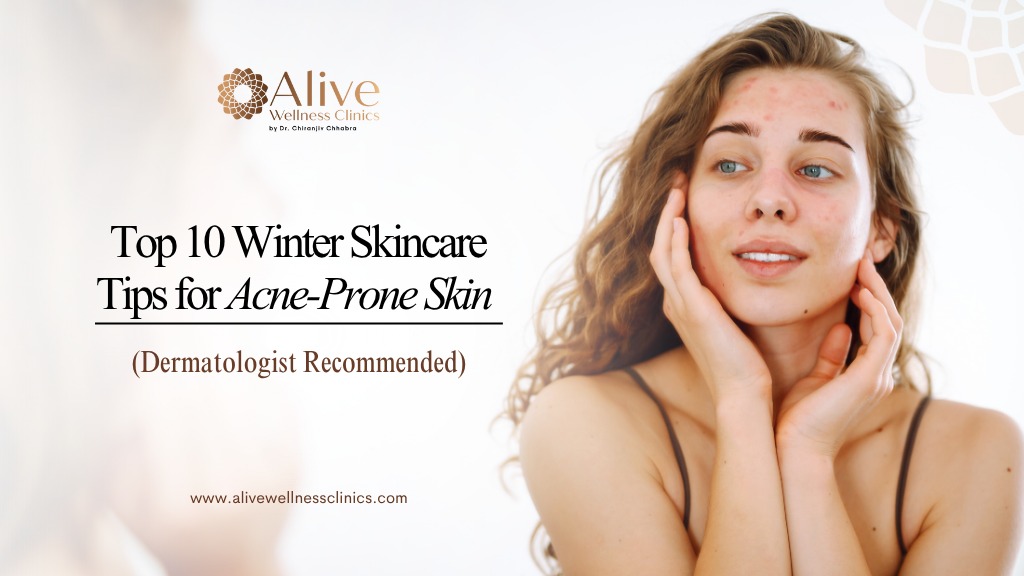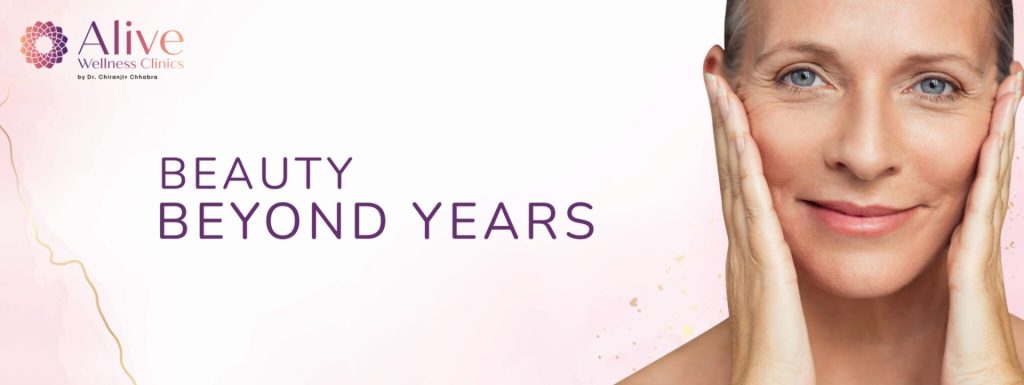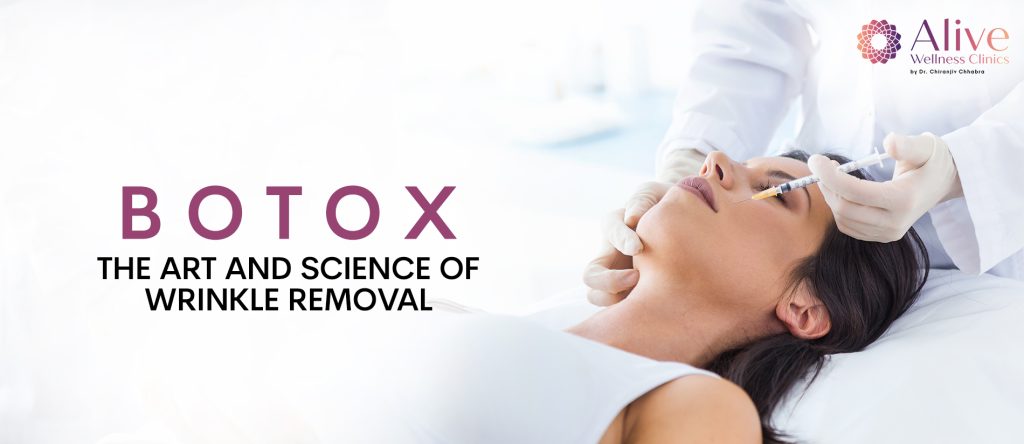- Glycerin
- Ceramides
- And, Hyaluronic Acid
- Light gel or water-based moisturisers
- Non-comedogenic/oil-free
- And, Ingredients that include niacinamide, panthenol or squalane
- Broad-spectrum minimum SPF 30+
- Lightweight and non-comedogenic
- If your skin is easily irritated, mineral sunscreens can work well.
- Use a humidifier in your bedroom or work area.
- Keep a constant fluid intake during the day.
- Stay away from sitting directly in front of heaters.
- Hydration matters internally, too! Proper water intake will support external clarity.
- Hyaluronic Acid
- Panthenol
- And, Beta-Glucan
- Ceramide-based moisturizers
- Fatty acids & cholesterol
- And, Fragrance-free formulations
- Non-irritating cleanser
- Hydrating or acne-balancing serum
- Moisturiser
- And, sunscreen for day-to-day protection
- Gentle Cleanse
- Hydrating Serum
- Moisturizer
- Spot Treatment: Applicable only where needed.
- Retinol in winter: 2–4 nights a week, buffered with moisturiser
- Perspiration
- Bacteria
- Oils
- Laser treatment & laser therapy for scar refinement
- Microneedling
- Platelet-Rich Plasma (PRP)
- Medical-grade acne care and treatment plans
- Accurate and personalised diagnosis
- Lifestyle and nutrition recommendations for skin balance
- Barrier-supportive home skincare regimens
- And, in-clinic rejuvenation for acne and post-acne scarring
To prevent winter breakouts, use a gentle hydrating cleanser, moisturize consistently, avoid over-exfoliating, and use non-comedogenic sunscreen daily. Hydrating serums and barrier-repair moisturizers also help.
Winter weather causes dehydration, which triggers excess oil production. This, combined with damaged skin barrier and indoor heating, can lead to clogged pores, irritation, and more breakouts.
Gel-based or water-based non-comedogenic moisturizers with ingredients like niacinamide, hyaluronic acid, squalane, and ceramides are best for winter acne-prone skin.
Yes. UV rays are present even on cloudy winter days and can worsen acne scars, pigmentation, and inflammation. Choose a lightweight SPF 30+ non-comedogenic sunscreen.
Use ceramide-rich moisturizers, gentle cleansers, hydrating serums, and avoid overusing retinol or harsh exfoliants. Keeping the barrier intact reduces sensitivity and acne flares.
Yes. Indoor heating dehydrates the skin, making sebaceous glands produce more oil. This imbalance can contribute to breakouts and irritation.
Retinol is safe but should be used 2–4 nights a week and always followed or “buffered” with moisturizer to prevent dryness and irritation common in winter.
A gentle, hydrating, sulfate-free cleanser with ceramides, glycerin, or hyaluronic acid ensures cleansing without over-drying or irritating the skin.
Yes. Hydrating serums with hyaluronic acid, panthenol, and beta-glucan keep the skin balanced and prevent the dehydration–oiliness cycle that triggers breakouts.
Winter is ideal for laser treatments, microneedling, PRP, and medical-grade acne treatments because lower UV exposure supports faster healing and better results.



